Many foods and drinks contain sugars, some that are naturally occurring and some that are added. Regular consumption of foods that contain added sugar can lead to cravings similar to those caused by drug addiction, and, according to many health experts, can pose a significant health threat.
Manufacturers add sugars to some foods during processing to make them taste better and to extend shelf life. Soft drinks, fruit juices, candy, baked goods, cereal, and energy drinks are examples of foods that contain high levels of added sugar. These foods deliver few health benefits.
There are also many foods that have naturally occurring sugars, including fruits, vegetables, and whole grains. These foods are healthy choices because they also include such elements as fiber, essential minerals, vitamins, and antioxidants.
Research Shows How Sugar Affects the Brain
The current edition of the Diagnostic and Statistical Manual of Mental Disorders (DSM-5) does not recognize sugar addiction as a diagnosable disorder. However, researchers have found some interesting similarities between sugar consumption and the use of addictive substances.
- Sugar consumption appears to activate the same regions of the brain as cocaine.
- Brain imaging shows similarities in the brains of obese people and those who abuse drugs or alcohol, according to Dr. Nora Volkow of the National Institute on Drug Abuse.
- Those who regularly consume high amounts of sugar begin to need more to satisfy their cravings.
- Research shows the use of addictive drugs and sugar has similar effects on the brain, including craving, bingeing, tolerance, and withdrawal, according to the British Journal of Sports Medicine.
Another similarity between addictive drugs and added sugar is that they both seem to trigger the release of dopamine in the reward center of the brain. This causes an increased sense of well-being and euphoria, reinforcing the desire to repeat the experience.
How Added Sugar Affects Your Body
Whole grains, fruits, and vegetables contain complex carbohydrates, which are a combination of sugars and fiber, making them digest more slowly and providing a steady supply of energy. Added sugars are simple carbohydrates, which break down quickly, causing a short-term spike in energy levels. This energy spike quickly passes, leaving the body tired and hungry.
The negative effects of added sugar range from mild to severe and can contribute to life-threatening conditions. Studies link regular overconsumption of sugar to:
- Weight gain
- Mineral deficiencies
- Depression
- Attention Deficit Hyperactivity Disorder (ADHD)
- Dangerous cholesterol levels
- Increased inflammation, which can damage arteries, organs, and joints, and may contribute to arthritis, asthma, cancer, diabetes, autism, cardiovascular disease, Alzheimer’s disease, and more
- Impaired learning and memory, according to a UCLA study (the study found fructose, a sugar commonly added to foods, damaged hundreds of genes in the brain)
Limiting the intake of foods with added sugars and eating high amounts of fruits, vegetables, and whole grains can reduce inflammation and lower the risk of serious physical and mental disorders.
Sugar hides under many names, so it is important to check ingredient labels carefully. Healthline provides a list of 56 different names for added sugar.
Healthline also offers some tips for overcoming sugar cravings. They include increasing intake of healthy proteins, managing stress, and avoiding triggers.
Turning Point of Tampa has been offering Licensed Residential Treatment for Addiction, Eating Disorders and Dual Diagnosis in Tampa since 1987.


